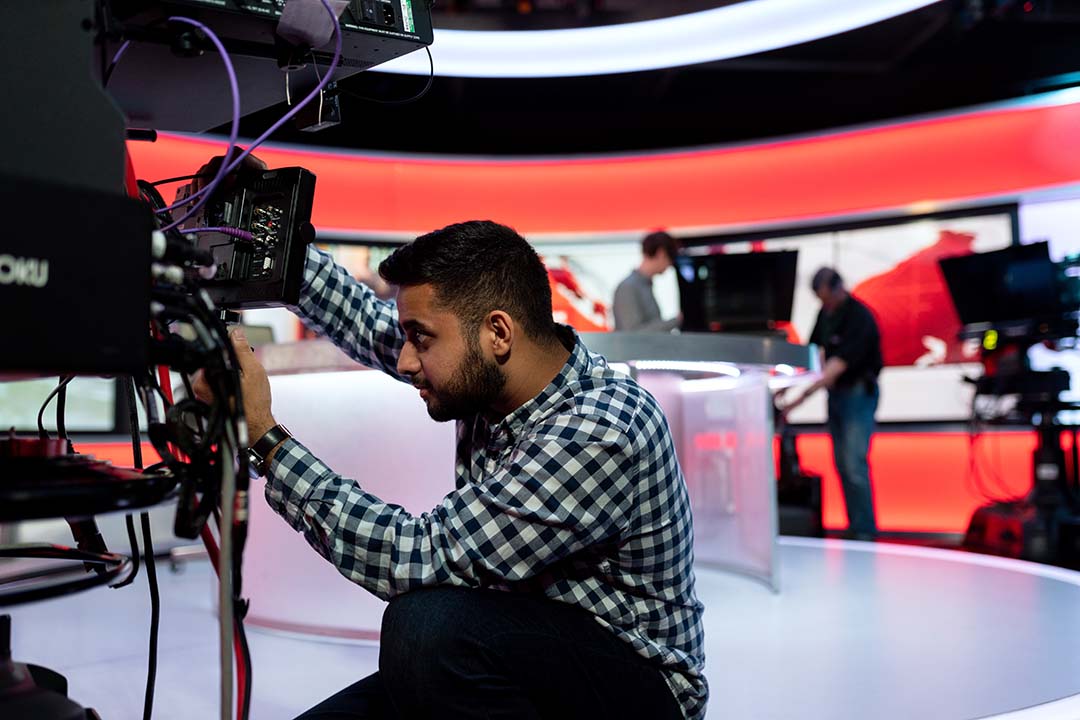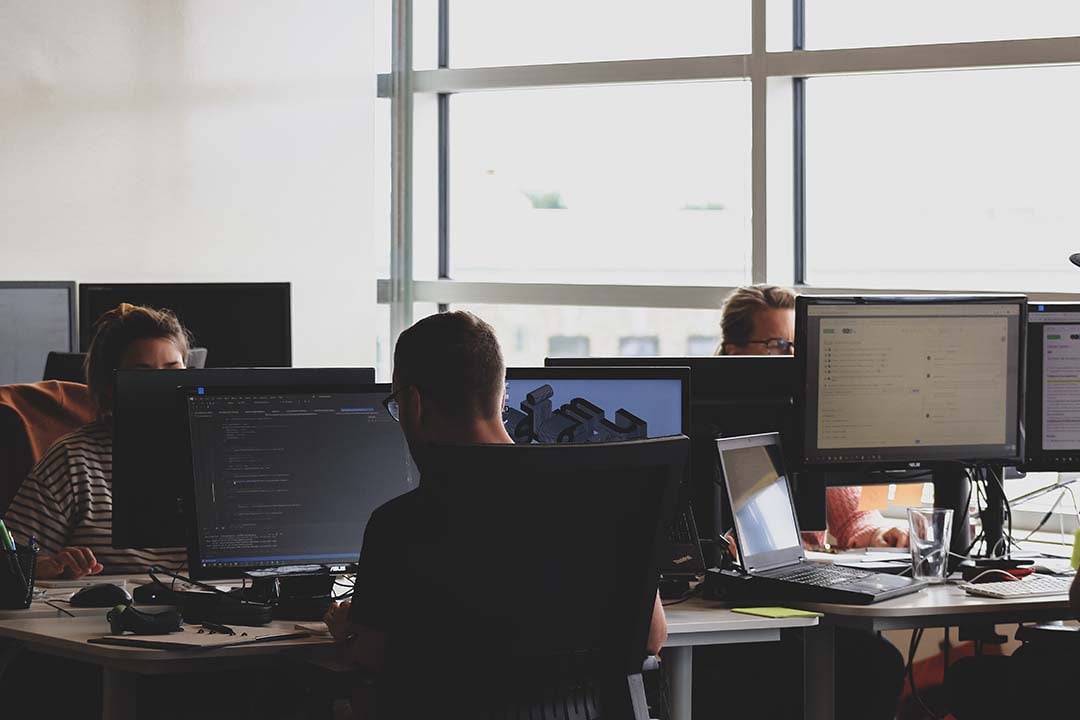Think about all the times you…
- Checked your favorite player’s stats midway through a game
- Wanted to quickly check a concert schedule before going to get a drink or the restroom
- Waited for results of live voting events
All of this and much more would be impossible without a graphics operator.
What is a graphics operator?
Live and updated statistics are the most crucial part of all events and other entertainment formats (from TV to mobile gaming). Skilled and experienced graphics operators provide the statistical and technical components necessary for the smooth running of live events.

What does a graphics operator do?
To put it simply, a graphics operator creates the graphics and puts the images on the screen (or whatever medium is being used for communication). These live event technicians work closely with the directors and producers of live shows.
The larger the show, the more the number of graphics operators will be required to work on it. In general, graphics operators are expected to have an operational knowledge of video-creating and editing software and have superlative communication skills.
What skills are necessary to be a good graphics operator?
Being a good graphics operator includes being in constant contact with technical operators, production assistants, stage managers, and the rest of the crew. This takes planning and management, so the person a graphics operator is most likely to report to is the producer.
Often there are actual scripts to follow (especially if it’s a conference), and graphics operators might have to rely on instructional designers. If it is a highly specialized topic, a subject matter expert and a moderator might assist the graphics operators.
For most events, all graphics need to be created from scratch, although most graphics operators design full-screen graphics (like charts or graphs) well in advance.
Apart from creative, technical, and communication skills, graphics operators also need to be focused, research-oriented, and with an eye for detail. They should be used to working in high-pressure situations during a live show or event. It is important to mention that heavy editing of graphics is usually not the responsibility of a graphics operator; if needed, a graphics editor should be hired for that.
It is a bonus if you have extensive experience with all current graphics packages for broadcast TV and live events, but it is not a necessity. In-depth knowledge of live show production, however, is a must.
As mentioned earlier, a graphics operator works very closely with the director, the producer, the technical supervisor, and a few key members of the crew. As with any team, the secret to an exceptional show is maintaining open and honest communication throughout the show.

What is the role of a graphics operator leading up to an event?
While on show site, the graphics operator might work with the client directly or their assistants to edit grammatical errors or make some last minute changes. Often as the talent is going through the slides during rehearsals, they will see little things that are important to address.
As the graphics operator goes through each slide it is important they pay attention to details and make sure any embedded videos or animations work properly, letting the talent know about those issues immediately. They are the last line of defense to make sure the presentation runs smoothly. The graphics operator has to know how to run and edit in both PowerPoint and Keynote for corporate meetings and events.
Advantages of being a graphics operator
The biggest advantage of being a graphics operator is experiencing the lively atmosphere of a fully staffed live event while being responsible for the real-time viewing of data and any other information relevant to the event.
If you think a certain personality type might suit this role better than others, you’re not very far from the truth. For graphics operators, the work doesn’t end with the game, the quiz show, or the conference. The entire experience is incomplete without charts recording every bit of the event, and providing visual markers for the viewers.
Being a graphics operator is a technically challenging, high-stress role. But with the right attitude and among the right people, it can be fulfilling and very rewarding.
You Might like: How To Advance Your Events Career Through Education & Training
Are you an experienced graphics operator?
Join our Crew marketplace for access to jobs
{{cta(‘9800b8a4-cdca-47c2-9b15-6958ca353a0a’)}}





